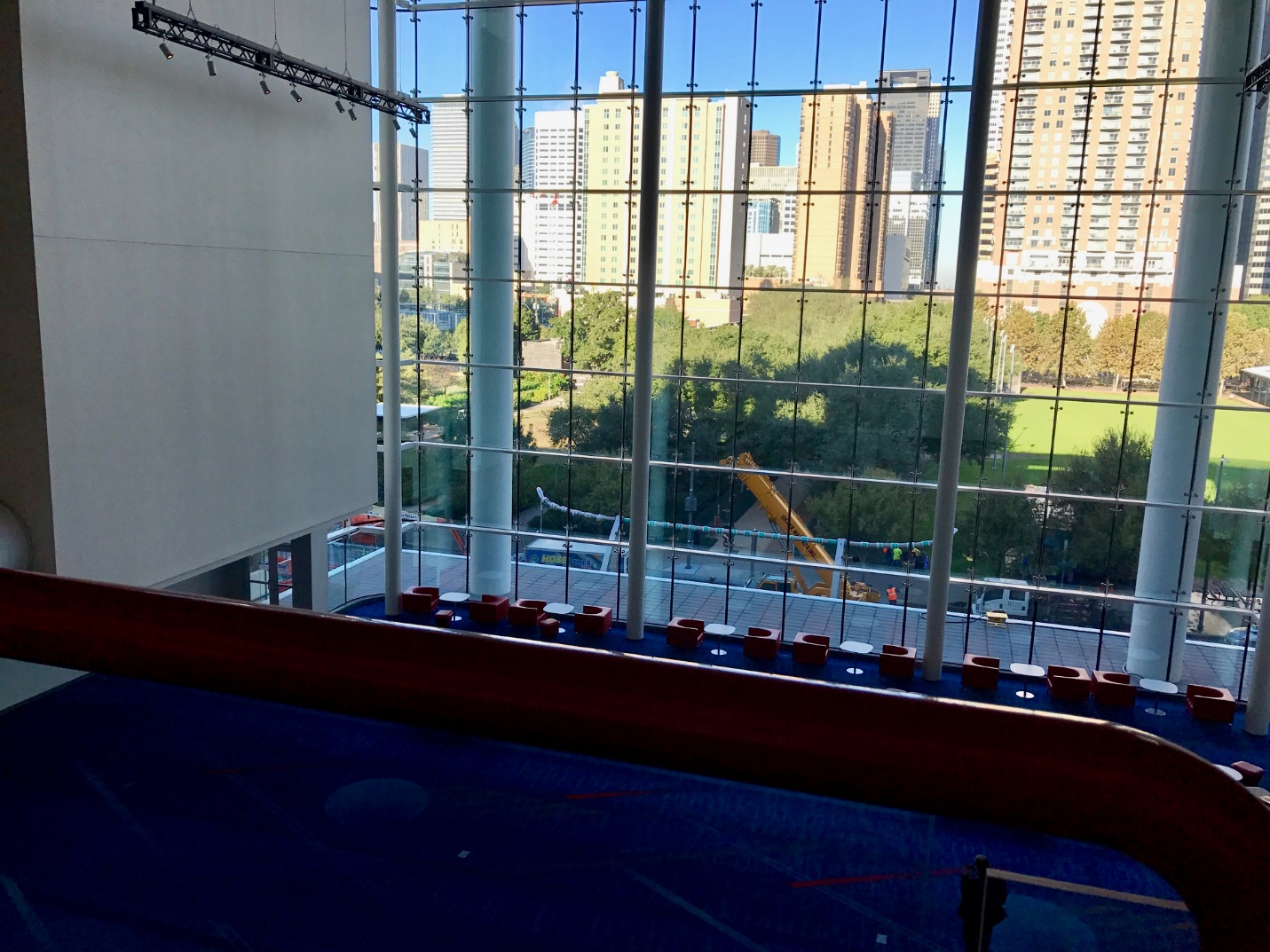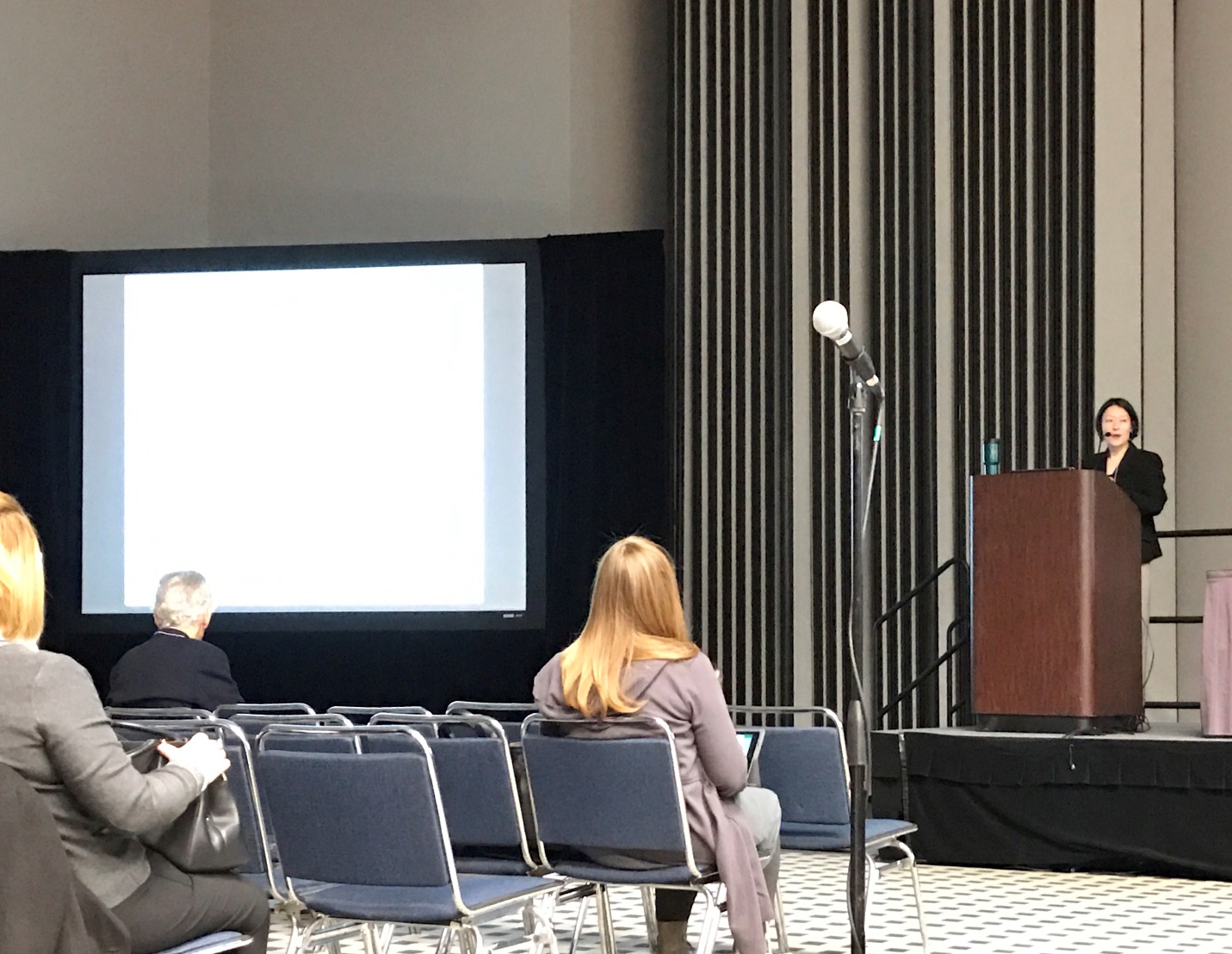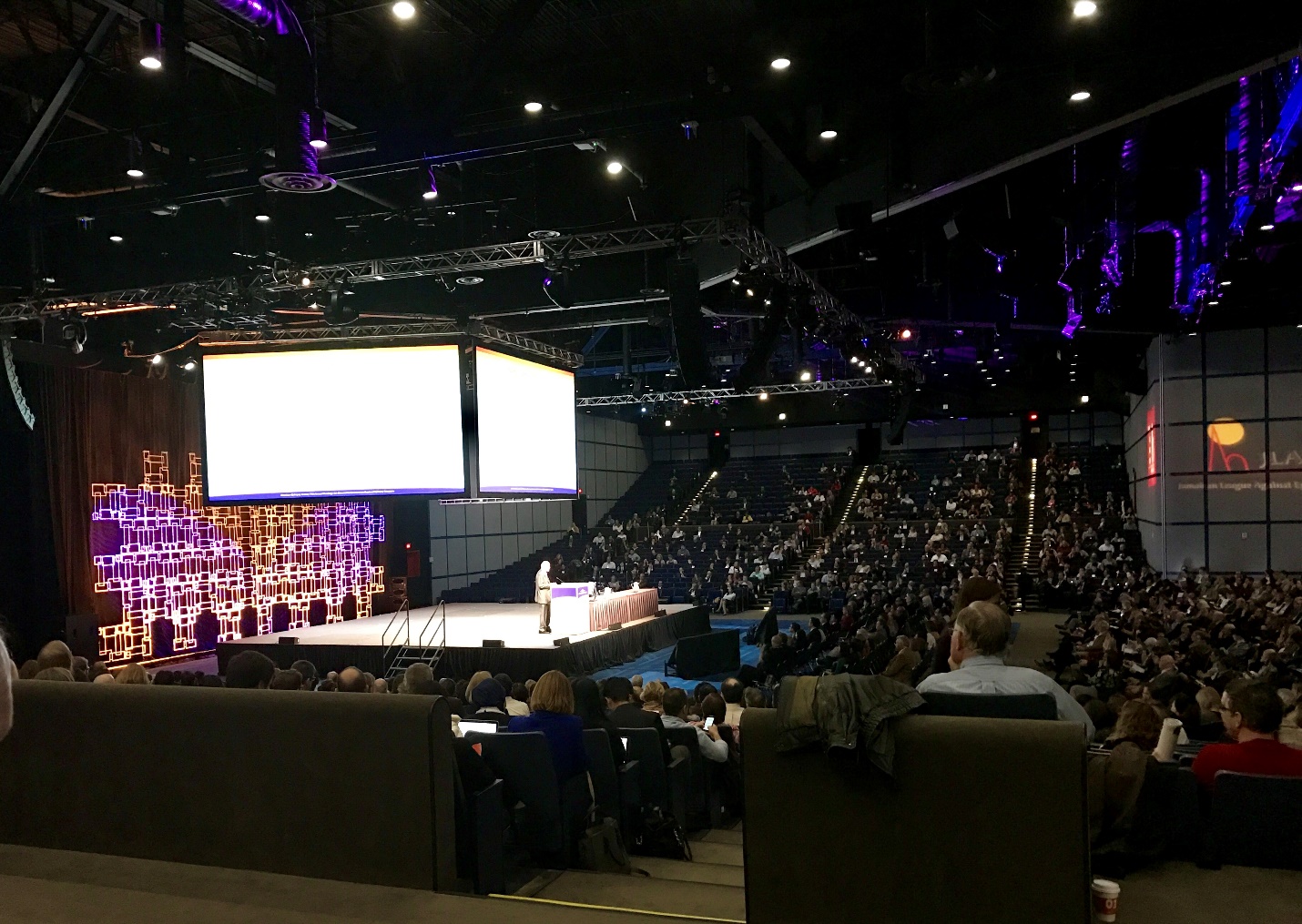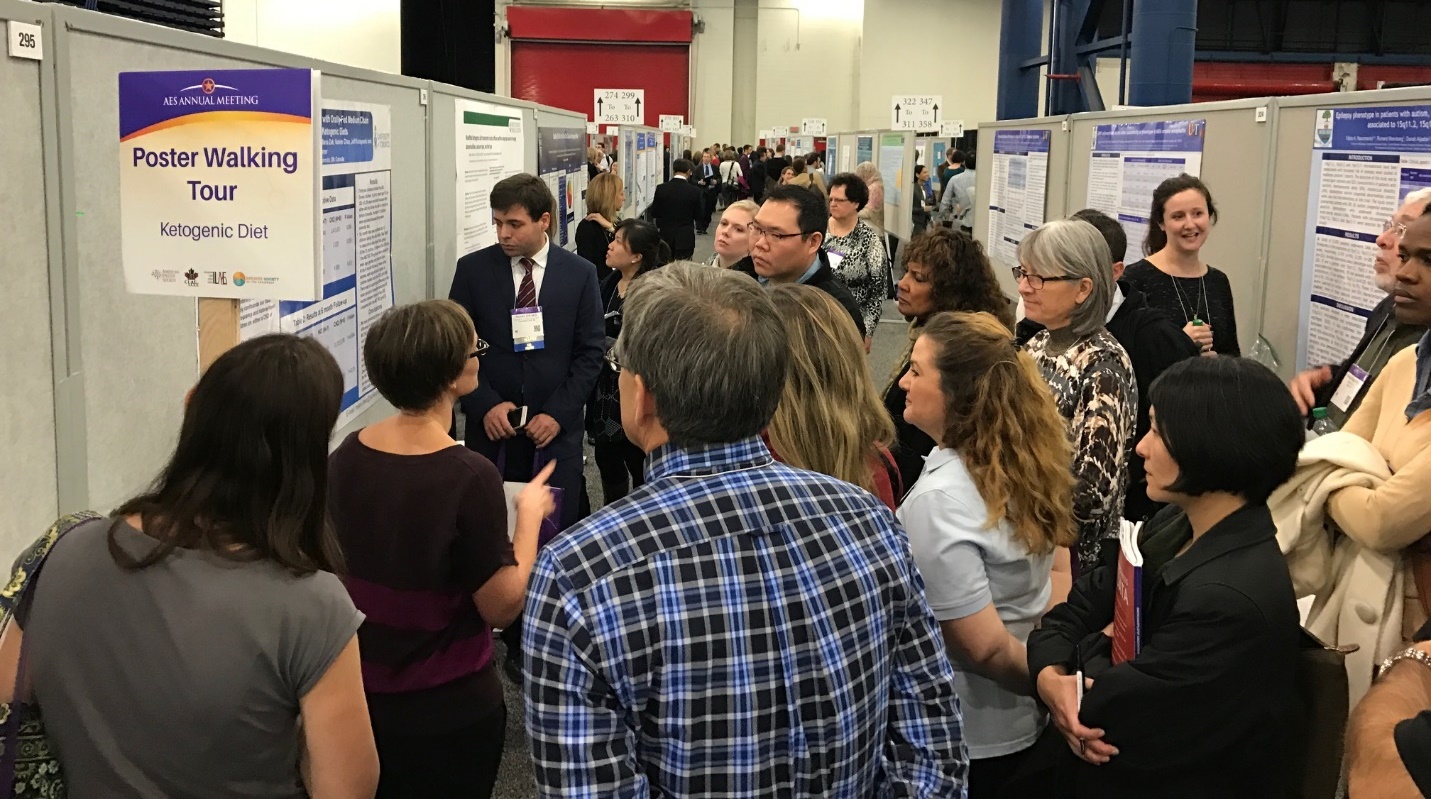2016 American Epilepsy Society Annual Meeting Ketogenic Recap

Epilepsy News From: Wednesday, January 04, 2017
The 2016 meeting of the American Epilepsy Society was held December 2-6, 2016, in Houston, Texas. Over the past decade, the meeting that is held the same year as the larger biennial Global Symposium on Ketogenic Diet Therapies (just held in Banff, Alberta, Canada; see October 2016 Keto News) tends to be relatively smaller in ketogenic diet content. However, this meeting was surprisingly jam-packed with great information related to the ketogenic diet. Here are some of the highlights:
Ketogenic Diet Special Interest Group (SIG)
The ketogenic diet “SIG” (special interest group) was held on Saturday morning at 7 a.m. This 90 minute session usually has hot, new information not previously presented. The coordinators were Dr. Amy Kao and Dr. Timothy Simeone.
- Interesting presentations from both Drs. Christopher Beatty (Seattle) and Jeff Buchhalter (Calgary) similarly discussed the ways in which their respective ketogenic diet centers temporarily stopped their programs, examined the ways in which they were enrolling and starting patients, then restarted more efficiently. Discussions included methods to
- screen patients and make sure they are appropriate and ready for the diet (including a “pre-diet quiz”!),
- assign the right team members to admission week jobs, and
- create a checklist to improve patient flow through the admission process.
- Another fascinating lecture from Dr. Robin Williams (U.K.) described how their animal research suggested that decanoic acid may improve seizure control similar to the MCT diet and both may work through AMPA receptor GluR2/3 inhibition. A new drug that also works on AMPA receptors is perampanel (FycompaTM), but decanoic acid is different in its mechanism.

Annual Course
Dr. Mackenzie Cervenka presented a great overview at the Sunday “Annual Course” on the use of dietary therapy for adolescents and adults. The Annual Course was focused on “what to do when nothing works” and approximately 1,500 neurologists were present to hear about the expanding role of diet for adults. Dr. Cervenka’s primary messages included:
- the diet is helpful in about half of adults but compliance can be problematic,
- dietary therapy may be particularly helpful for status epilepticus (and she had a poster the following day on this topic), and
- early data suggests the diet could be anti-inflammatory.

Posters
Finally, there were 18 posters presented on Monday at the third poster session in the “Dietary” category. I was able to visit seven of them on my annual poster “walking tour.” They spanned the spectrum from clinical to basic science with new unpublished information available for discussion. Some (of the many) highlights:
- A case report of an adult started on the diet who successfully carried a child through pregnancy (Dr. Williams, Johns Hopkins)
- Continued evidence of the benefits of dietary therapy for pediatric status epilepticus, this time in a large nationwide multicenter analysis (pSERG group)
- Analysis of responders in an adult epilepsy diet center, suggesting those with generalized epilepsy and those on the modified Atkins diet did best (Dr. Falco-Walter, Chicago)
- Improvement in quality of life measures in children who do well on dietary therapies (Ms. Fleming, Mayo Clinic)
- A re-examination of prior research suggesting that children may do better with combination diet and VNS (vagus nerve stimulation) than diet alone (Dr. Abdelmoity, Kansas City).

The next American Epilepsy Society meeting will be held in Washington, D.C., from December 1-5, 2017.
Authored by
Eric Kossoff MD
Reviewed Date
Wednesday, January 04, 2017
